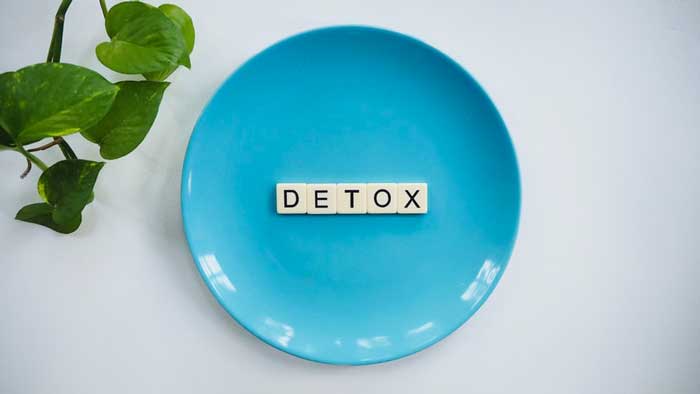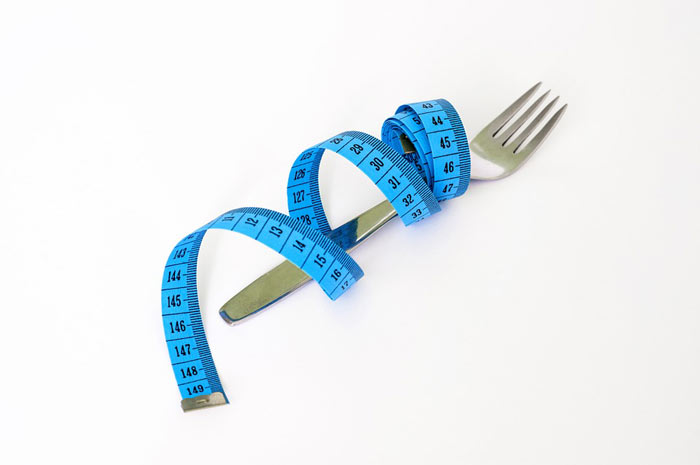Today, many girls are obsessed with dry fasting as one of the most extreme ways to cleanse the body. But is it really that useful or can it lead to irreversible health consequences?

Dry fasting, or absolute fasting, is giving up food and water for 36 hours. Its main goal is to lose weight, “reboot” and cleanse the body. Below you can read about the nuances of such fasting, its pros and cons.
Most of the girls obsessed with the idea of losing weight are ready to deny themselves food and even water consumption – as much as necessary to get rid of those extra centimeters at the waist. Proponents of temporary abstinence from food argue that it is good for health, since fasting helps to rejuvenate, relieve inflammation, improve metabolism, increase immunity and cleanse toxins.
Of course, the weight will inevitably go away if you absolutely refuse to eat, since energy during dry fasting does not enter the body, as a result of which it spends its own resources. At the same time, such “malnutrition” restarts the body, which can really positively affect the health of the digestive system, liver and kidneys.
Types of dry fasting
There are two methods of dry fasting:
- Hard – refusal to consume food and water, as well as an additional prohibition on any interaction with water: taking a shower, brushing your teeth and washing your face.
- Gentle – a ban on food and water, but contact with water is allowed.
Nevertheless, both methods can be attributed to extreme methods of “cleansing” the body and methods of alternative medicine, based on an unscientific set of ideas. And no matter how tempting its results may look, it is better to choose soft and less hazardous diets – for example, Mayr therapy, whose effectiveness has been scientifically confirmed. Mayr therapy is a combination of cleansing procedures and carefully selected nutrition, aimed at the efficiency of the gastrointestinal tract.

Short periods of fasting are not the answer to obesity and overweight problems. If your diet is correct and balanced, you will not have to exhaust your body with a painful hunger strike. Give preference to a healthy lifestyle and be mindful of what you eat. In this case, you can lose weight, rejuvenate and increase immunity without risk to health.
What is the real harm of dry fasting?
Dry fasting can have a destructive effect on body tissues, since a prolonged lack of fluid in the body threatens to thicken the blood. In addition, rapid weight loss and fluctuations in body weight are associated with fluid loss, so as soon as the drinking regimen is restored, your pounds are likely to come back.
Do not resort to dry fasting without first consulting a specialist, since it can be categorically contraindicated for certain health indicators. Such stress for the body should definitely be avoided by children under 14 years of age, the elderly, pregnant women, people with severe underweight, heart rhythm disturbances, and diabetes mellitus.
What if you decide to dry fast?

If you are still going to try dry fasting, be prepared for the fact that at first you may experience weakness and shallow sleep, as well as dizziness with darkening of the eyes, slight nausea, and a feeling of discomfort in the stomach.
Dry fasting is hard not only physically, but also mentally. It is necessary to prepare for this practice in a couple of weeks so as not to harm the body. First, switch to a sparing diet without starchy foods and sweets.
After keeping to a diet, you should take a balanced approach. After a 36-hour hunger strike, you cannot immediately start eating everything and in large quantities. During the week, you should gradually add foods familiar to your diet and observe the reaction of the body.
In any case, a healthy lifestyle, sports and a balanced diet are the best ways to stay young and healthy. With the right lifestyle, you will provide the body with the necessary vitamins and will be able to find an ideal figure without any hunger strikes.










